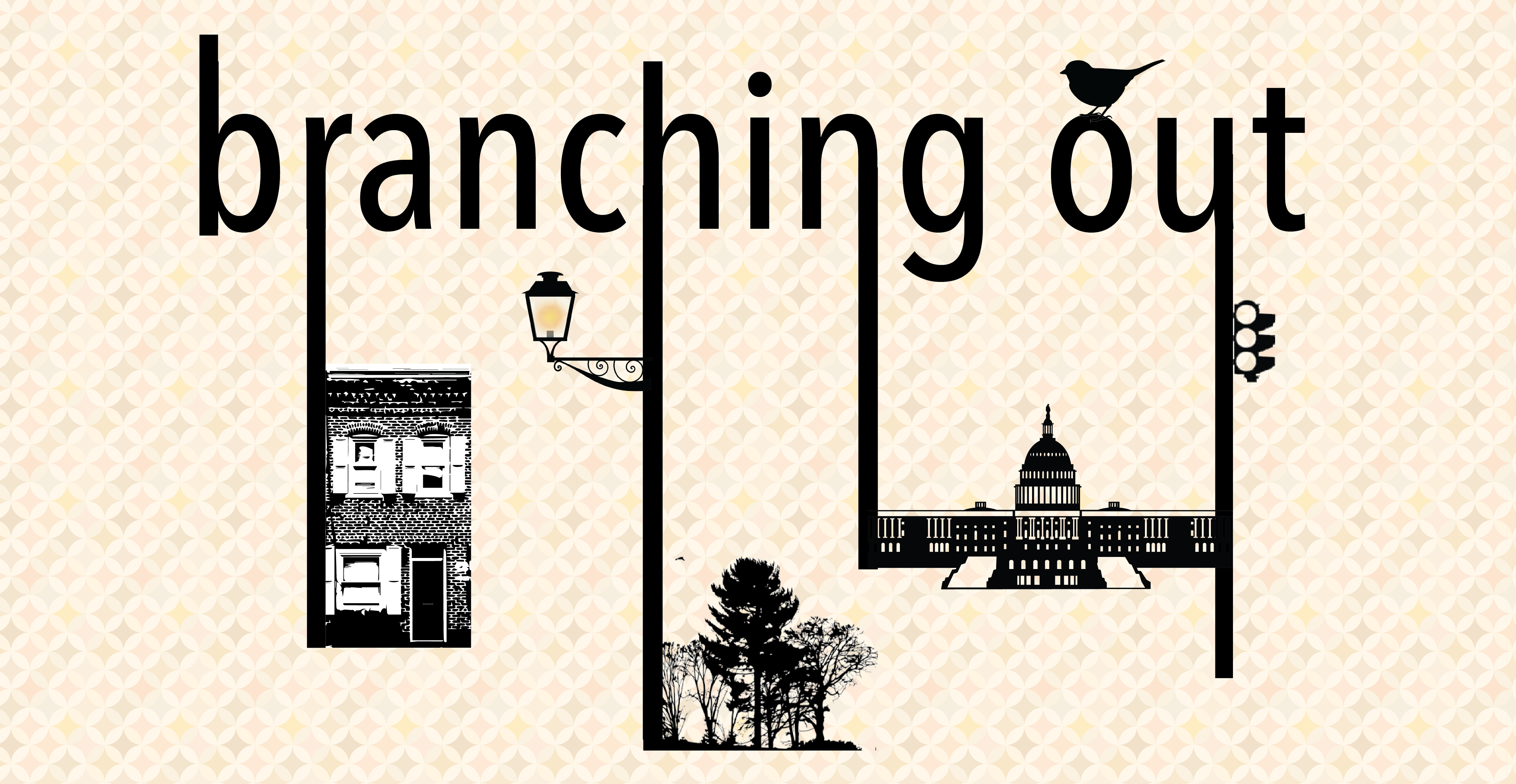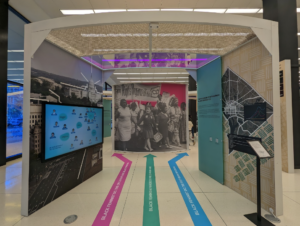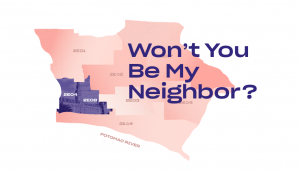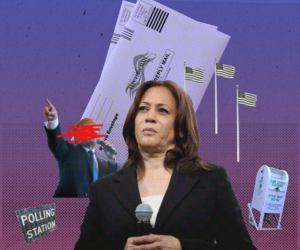“Democracy Dies in Darkness.” A phrase familiar to most of us, this solemn threat hangs over the Washington Post website like the Watergate. It is a noble slogan. Pleasantly alliterative, like Shakespeare or Bob Dylan, and just as endearingly self-important. Adopted after the Trump ascendancy, it signals the intention of that paper, along with the New York Times, a few dozen podcasts, and my mother’s Facebook page, to make America safe for democracy. There are some on the political left who would contend that American democracy is a rose-tinted fabrication of an addled, twilit political consciousness; my cynicism is not nearly so grand. I merely find it a shame that the bearer of this particular banner–the Washington Post–is headquartered in America’s least democratic city.
Of course, one wouldn’t know it by looking around. Washington is the den of the political animal. D.C.’s geography is a scavenger hunt for civics junkies, its iconic structures the stuff and pith of every politico’s dream. Symbols of democracy abound, a political equivalent of conspicuous consumption––a wordless command (cloaked in the language of civic duty) to look upon yonder Capitol Building and bow down (to place thy vote in the ballot box). Democracy in this city hulks and gleams white in the autumn sunlight. The machine of our national life is housed within domes and supported by corinthian columns. A democracy of monuments.
It is not in the least bit ironic, and in fact highly predictable, that a city which casts slaveholders in bronze busts and sells the White House in snow globes (miniaturized, for personal adulation) is also a city that serially neglects the human side of politics.
Initiative 77, it was called – the name on everybody’s lips for a few frantic months leading up to July’s primary elections. It called for the elimination of the two-tiered wage system for tipped labor; all workers, whether or not they received tips, would be paid the same minimum wage. Advocates promised the mitigation of wage theft, sexual harassment in the workplace, and high poverty rates among workers who rely on tips to make minimum wage. Critics (funded largely by the National Restaurant Association) argued it would result in the laying off of tipped workers, citing supply and demand. Activists on both sides waged fierce campaigns, but those in favor of Initiative 77 were a slim but clear majority: the referendum passed, 55 to 45 percent.
But those against the measure, especially the National Restaurant Association, decided if they couldn’t convince the voters, they would try to convince the people with the real power. They succeeded. In early October the City Council, exercising its absolute power to alter legislation, voted 8-5 to repeal Initiative 77, citing unclear language and personal testimonies from affected workers. Though valid concerns, their consequence was thoroughly undemocratic. The elected officials in charge of representing citizens of the District actively silenced their constituents. I betray my bias for the sake of transparency, but one need not support the content of the Initiative to accept its results. What happened with Initiative 77 made a sham of democracy in the District.
This episode is only one of many in the long history of Washington’s troubled body politic. It is widely known (and laconically spoofed on our license plates) that the District has no voting power in Congress. Less widely known is that for most of its history, Washington didn’t even have an elected mayor or city council. Congress exercised direct rule over the city, making decisions about taxation, fund allocation, and the appointment of local officials. This finally changed in 1973, with the passage of the District of Columbia Home Rule Act. But Congress still has ultimate authority over District laws. In fact, had the Council not repealed Initiative 77 on its own volition, two House Representatives were ready to propose legislation effectively blocking it. This astounding perversion of democratic power makes it clear to me that democracy in the District, if living, is being ailed unto death by unresponsive representatives and undemocratic institutions.
What does this knowledge demand of us, from our privileged perspective as Georgetown students and temporary residents of this convoluted city? While most of the world knows Washington only through cable news, as merely a symbol, a grand euphemism for American democracy,we can see for ourselves that Washington is a lived-in, breathed-in, played-in, prayed-in, worked-in, shopped-in, eaten-in, and died-in city. And to the extent that politics affects citizens’ abilities to live, breathe, play, pray, work, shop, eat, and die, we can see that the failures of Washingtonian democracy have tangible effects on this city’s 700,000 residents.
However significant this perspective, it is empty if not backed by action. Along with many of you, I recently stamped and sent my electoral hopes home. I chose to vote absentee partly because of my disillusionment with District politics, partly because my Congressional representative actually has voting power, and partly because living in a city for your whole life has a way of tying you to its people and its politics. But we do live in Washington now, and that carries with it a responsibility. As midterms loom, pick up a local paper and inform yourself about Council elections. Learn about the lingering impacts of race, class, and gender in District politics. If you’re planning a spring internship, consider positions at local political organizations like ONE DC rather than limiting yourself to national groups. Most importantly, do not be fooled by the sheen of Washington’s marble gild. Democracy does, indeed, die in darkness. But as local history proves, it can be killed as well in blinding daylight.






Thank you for this piece. The actions of the Council are outrageous and as a GU alum who has advocated for statehood from afar I am appalled that democracy would be frustrated in this way. It has lessened my incentive to return to DC as a tourist.